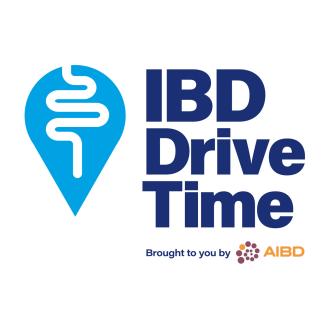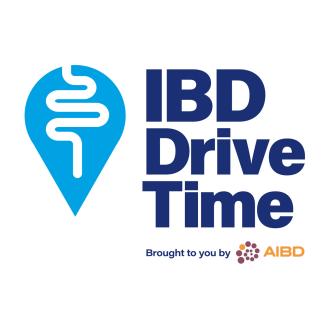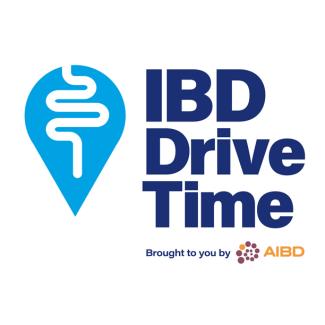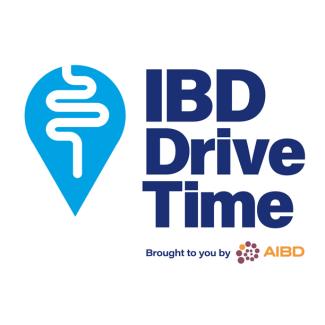Emma Flanagan, MBBS, on Preconception Counseling for Patients With IBD
Dr Flanagan reviews the consensus of her working group on preconception counseling and contraceptives for patients with inflammatory bowel disease.
Emma Flanagan, MBBS, is a gastroenterologist and researcher at St Vincent's Private Hospital in Melbourne, Australia.
TRANSCRIPT:
Hi, I'm Emma Flanagan from St. Vincent's Hospital in Melbourne, Australia, and I led the preconception counseling and optimization section for the PIANO global consensus.
So first I'll be talking about preconception counseling and optimization, which are strongly recommended for women with inflammatory bowel disease. We recommend that women with IBD undergo preconception counseling. We know that preconception counseling and optimization may improve medication adherence, reduce the risk of disease relapse, and lower the risk of low birth weight infants. And therefore this is a strong recommendation that women with IBD have the opportunity to undergo preconception counseling.
Moving on to the next section, women with IBD who are desiring contraception should use long-acting reversible contraception such as intrauterine devices or contraceptive implants over estrogen-containing contraceptives. And women with IBD should be in documented remission and medically optimized ideally at least 3 months before elective conception.
In terms of available contraception options, barrier methods are known to be the least effective, but do protect against STIs. Oral contraceptives include the combined oral contraceptive pill, which has estrogen and progesterone, but this can be associated with an increased risk of venous thromboembolism and there can be issues with absorption and human error. There is the option of the progesterone-only pill where there is no increased VTE risk, but this can still be affected by human error and absorption. And therefore, for women with inflammatory bowel disease, long-acting reversible contraception is generally recommended as it's the most effective, does not contain estrogen, and therefore does not have the increased risk of VTE.
So in detail, our preconception counseling recommendations include cessation of substances such as smoking, alcohol, recreational drugs, opioids, and cannabis. It's very important to discuss stopping teratogenic medications such as methotrexate, which should be stopped at least 1 month and ideally 3 months prior to elective conception. And we would also discuss small molecule medications, including JAK inhibitors and S1P receptor modulators, which should be stopped prior to pregnancy. They are currently contraindicated in pregnancy and we would recommend stopping these and transitioning to an alternative therapy in the majority of cases. We do have a detailed discussion about medication safety and for the most part, the majority of medications that are used in inflammatory bowel disease can be safely continued throughout pregnancy and breastfeeding. And this is an important part of the discussion for our patients.
We also discussed the importance of ideally achieving disease remission for at least 3 to 6 months prior to conception. This includes clinical remission as well as biochemical remission, ideally with normalization of CRP and fecal calprotectin. We discuss optimizing drug levels where relevant, such as with adequate thiopurine metabolites or adequate anti-TNF drug levels, and we recommend endoscopic and radiographic remission where relevant, including intestinal ultrasound or MRI where indicated.
We then discuss the importance of nutritional assessment and prenatal vitamins, which includes folic acid supplementation at least 1 month prior to trying for pregnancy, and this dose should be slightly higher, including a 2-milligram dose for women who are on sulfasalazine or 5 milligrams if patients have a history of small bowel disease. In terms of weight management, we aim to achieve an ideal weight prior to conception and then we monitor for adequate gestational weight gain throughout the pregnancy.
We ensure vaccinations are up to date, including influenza, hepatitis B, MMR, and varicella vaccines, noting that live vaccines such as MMR and varicella must be given at least 28 days prior to conception. And these are only given if patients are not on immunosuppressive therapies. Preconception, maternal fetal medicine, or colorectal surgeon review should be recommended preconception for discussion if indicated, for example, if there's been a history of complex disease or surgical history. We have a detailed discussion of their inflammatory bowel disease treatment plan, not only with our patient, but also ensuring that the entire health care team are informed about the treatment plan for pregnancy and for example, the safety of medications that can be continued throughout pregnancy.
If a patient is not pregnant after 6 months of timed intercourse, we recommend early review with a fertility specialist. And importantly, general health aspects are also discussed such as recommending regular physical activity in the preconception period.
Thank you very much for your attention and hopefully this has been helpful for you in your practice working with patients with inflammatory bowel disease who are considering pregnancy. Thank you.




















